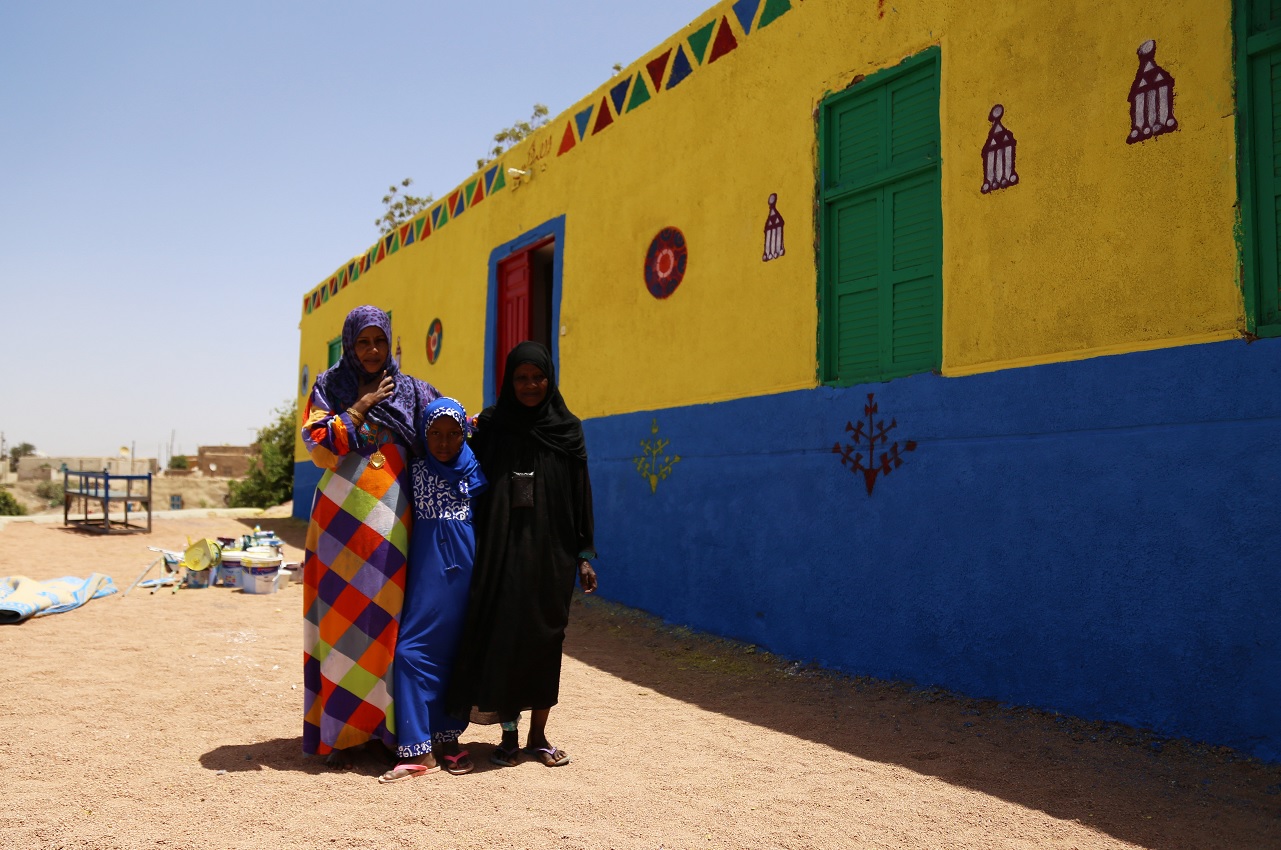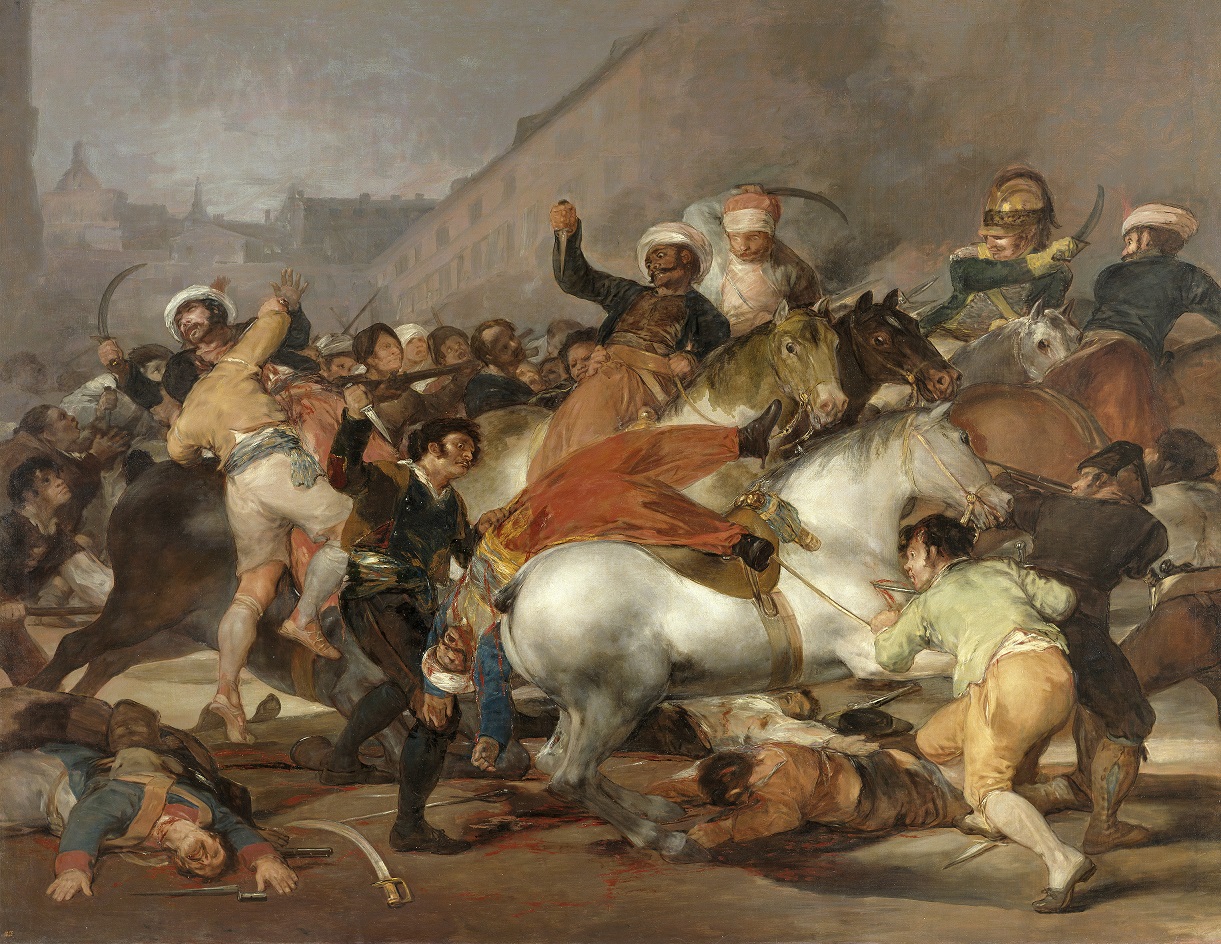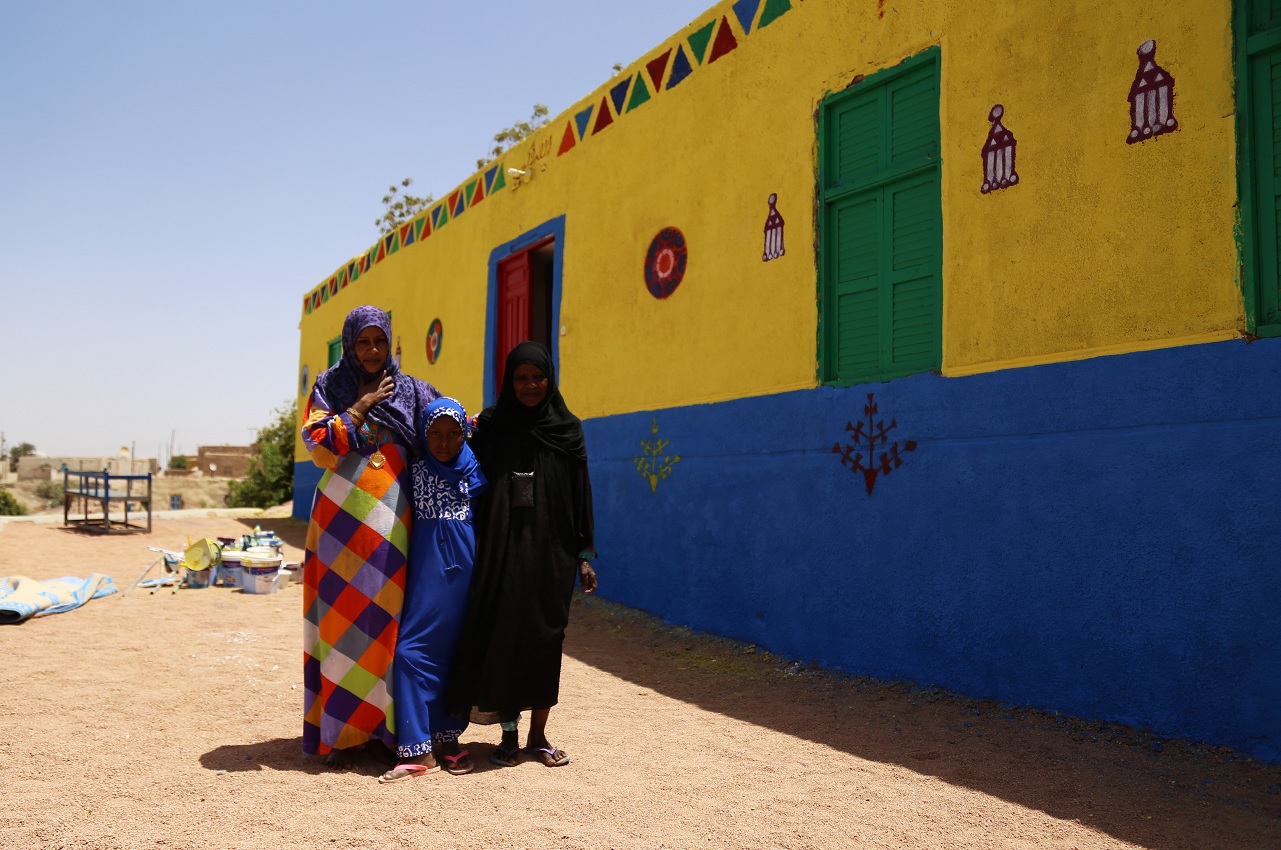
A month on from the killing of George Floyd – an innocent Black man – at the hands of police in Minneapolis, USA, conversations about racial inequality have risen to a crescendo in America. Persisting protests are laying bare grievances that are centuries old and the events’ impact is rippling out to other parts of the world.
With statues and legacies of historical and political figures associated with racism being torn down from the US to the UK to Belgium, prevailing narratives of history are being revisited and challenged.
Meanwhile, conversations around race and racial justice have reached some dining rooms and social media communities in Egypt, where other communities frequently experience varied forms of racism.
Refugees – particularly Black refugees from Sudan, Eritrea, or sub-Saharan Africa are often subjected to discriminatory behaviour. Racial slurs are casually and frequently used to taunt or simply to describe. As the COVID-19 crisis unfolded, Egypt also witnessed incidents of racist behaviour toward immigrants from various east Asian countries, particularly China.
Despite this, little is publicly known about the history of racism in Egypt. An explanation for this might lie in historian Amina Elbendary’s assertion that, for most of its history, Egypt has been a multi-racial and multi-ethnic society, where individuals of different origins co-existed, for better or worse.
“In the period of the Fatimids, Ayyubids, Mamluks, and Ottomans, Egypt included people from different ethnic backgrounds,” Elbendary told Egyptian Streets, not unlike how the people of Egypt were made of, throughout its long history.
“In addition to Egyptian peasants, there were various peoples from Sudan and sub-Saharan Africa, from Arab tribes and from Turkish tribes who lived in Egypt. The ruling classes during much of that time were of Turkish descent. Egypt was also home to Armenian groups and other ethnicities,” she elaborated.

During the era of the Mamluks, for instance, the ruling class was made of White slaves, brought in as fighters from Asia minor and the Balkans. However, a significant number of slaves were also Black, and some of those were recruited as soldiers.
“But this meant they were carrying arms and were important to the power of regimes,” Elbendary elaborates.
Black people were also enslaved for domestic services, and Elbendary explains that this did, in fact, result in discrimination – a phenomenon which is lamentably underdocumented. Some historical documents do, however, suggest that slaves of different origins were categorized based on traits, strengths, and weaknesses, an undeniably racist practice.
Nowadays there is a tendency in Egypt to associate beauty with fairness of skin, and the origins of this problematic association in Egypt likely come from Ottoman and colonial times.
“The Turkish-Ottoman elite were White and fair-skinned, and with colonialism, the European colonialists were also White,” Elbendary told Egyptian Streets.

“This created an association between Whiteness and the upper class, especially in the modern period. This also meant that darkness was associated with working or servile classes,” she explained.
Journalist and researcher Mohamed Naeem expressed the same thought, however both he and Elbendary also point towards the fact that on the other hand, darker skin came to be associated with patriotism and hard work.
Gender is also a dimension that comes into play at this point according to Naeem’s writings. While dark skin on a man was associated with being a self-made, hard-working individual, this courtesy was not extended to women. In fact, dark-skinned Egyptian men hoping to rise in status would often marry lighter-skinned women.
This pattern of seeing Whiteness as the beauty standard to meet is one that persists in many circles today, and one that is often also the reason as to why Black communities in Egypt face discrimination in their everyday lives.
More recently, the Committee on the Elimination of Racial Discrimination has criticised Egypt for what they referred to as the “social stigmatization” of some culturally distinct ethnic groups native to Egypt such as Nubians and Bedouin, stating that they “[encounter] difficulties in the full enjoyment of their economic, social, and cultural lives.”
Both communities have been the direct victims of major events as the building of the High Dam in Aswan in the 1960s was responsible for the displacement of residents of Aswan, primarily Nubians, many of whom are unable until today to return to their homes.
Israel’s occupation of the Sinai Peninsula between 1967 and 1982 also led to the disruption of the lives of Bedouin. And in spite of many investments in tourism in the geographical location they are native to, the Bedouin population have benefitted little from the resultant profit.
The issue of racism in Egypt is one that is complex, unique, and nuanced, as at times foreign White ruling classes were the ones subjugating Egyptian natives, and many current forms of racism are rooted in the hierarchy imposed by this reality.
Yet racism is certainly present in some parts of Egyptian society, a fact that is denied by some, many of whom are unaware that they may be participating or complicit in it themselves, Elbendary believes.
Awareness and education based on the lived experiences of those suffering from discrimination or stigmatization based on their ethnicity, as well as a deeper and more nuanced understanding of the roots and present manifestation of racial discrimination is the key to eliminating it.
Any views expressed by the writer are their own and do not reflect the views of any institution with which they are affiliated.







Comments (0)